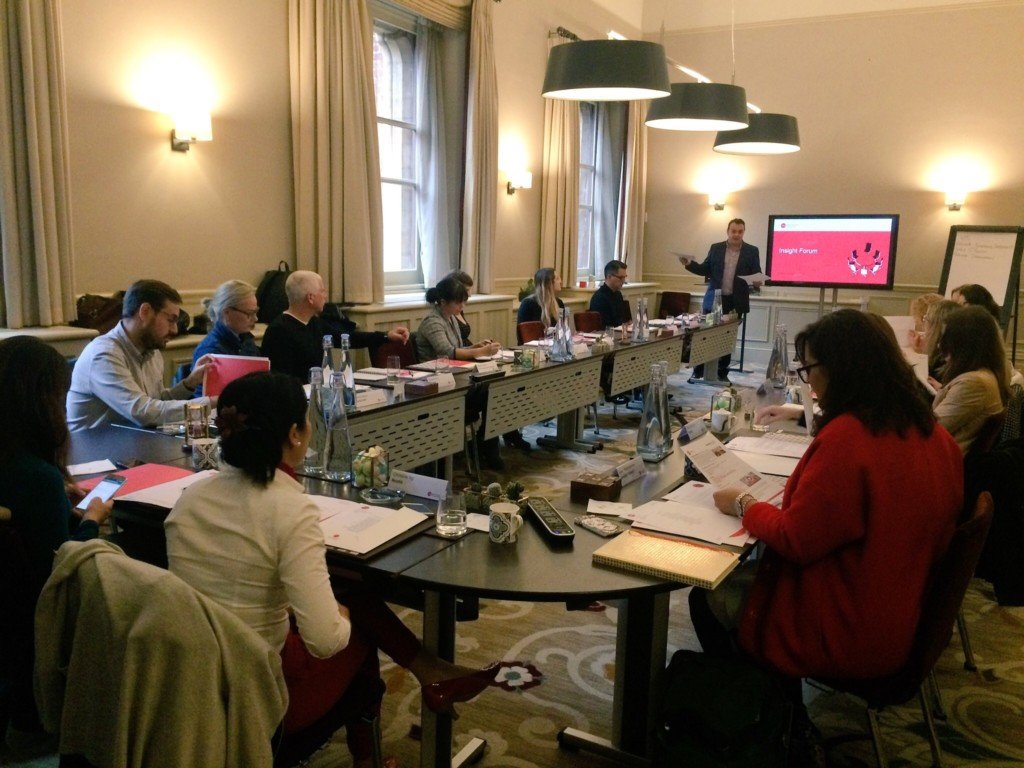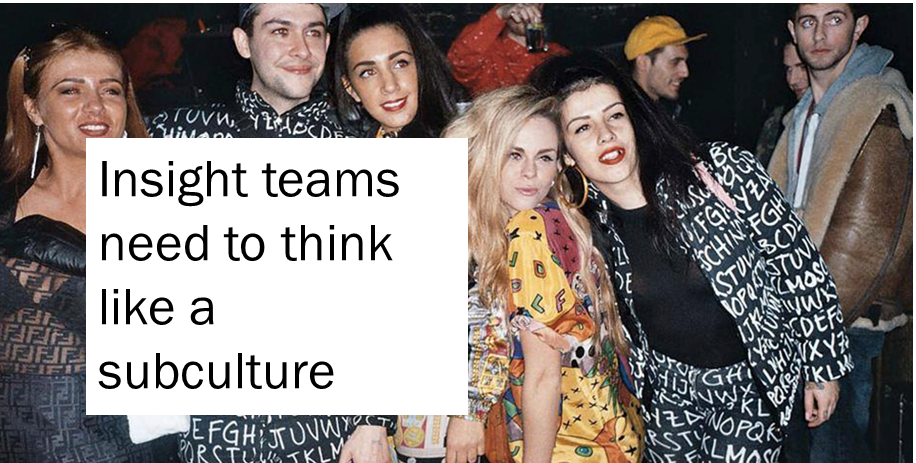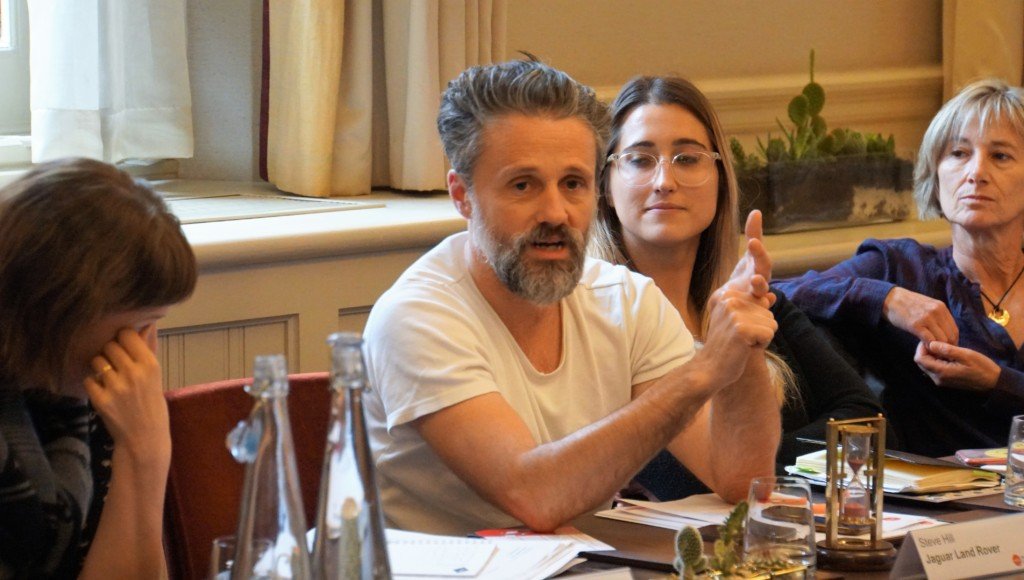Get analysis, insight & opinions from the world's top marketers.
Sign up to our newsletter.
Members of the global consumer insight community address how to develop companies into insights-led organisations.
At this month’s WFA Insight Forum, members of the global consumer insight community addressed how to develop companies into insights-led organisations.
Our guest speaker, Andy from WFA strategic partner Flamingo, shared on a strategy for making that happen.
This builds on the premise was that if you are not ‘in charge’ in your organisation, there is only one way culture can change – and that is from the bottom up.
Think of the major cultural changes in recent history – be it gender equality, the civil rights movement, same sex marriages –, or more mundane ones like the fact we’re allowed to wear trainers to work now. These cultural shifts didn’t happen because someone in power decided they would be a good thing. They started as ‘rebellious’ ideas, challenging the dominant cultural norms and spreading virally through groups of people.
So how do we achieve an insights revolution?
Stop complaining about the lack of senior sponsorship internally. Stop thinking that your new centralised insight hub will change behaviours or attitudes. It won’t. Instead, think about cultural change through this equation:
Start by incubating your own culture. Develop your team’s values, identity, language, tools, practices, etc.). And then begin to amplify it out.
Of course amplification is easier with senior stakeholder buy-in, i.e. a top-down ‘hierarchical diffusion’ approach. But often more relevant to insight teams is the concept of ‘contagious diffusion’ – the viral effect of cultural transmission of ideas. These ideas transfer more quickly when everyone can see value in the ideas and also when it’s easy for people to see what colleagues are doing.
Members of the Insight Forum shared some of their own approaches to impacting contagious diffusion. These mostly focused on creating experiences, as well as nurturing people to help socialise and amplify their ideas:

If history and anthropology have thought us anything, it is that culture won’t change in a day. On the contrary, culture is hard to change. It will take time and effort and it will require a lot of resilience. But it’s probably the only thing that will make the difference in creating an insights-driven organisation.
This blogpost was co-authored by Andy Davidson, Chief Strategy Officer at Flamingo, WFA’s strategic partner for insights. If you are interested to find out more on their work around harnessing culture to impact change, contact Simone Williams.

For more information or questions, please contact Ioana Danila at i.danila@wfanet.org